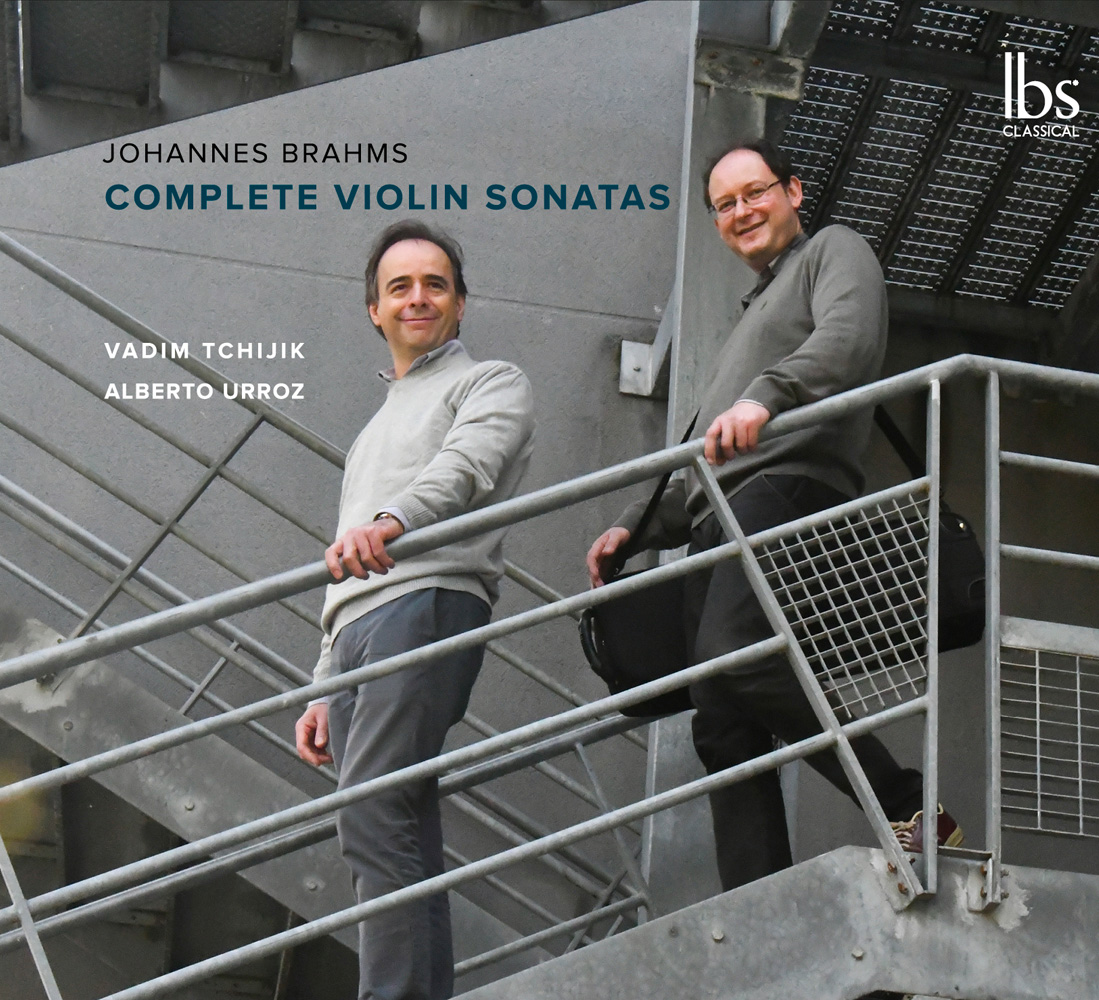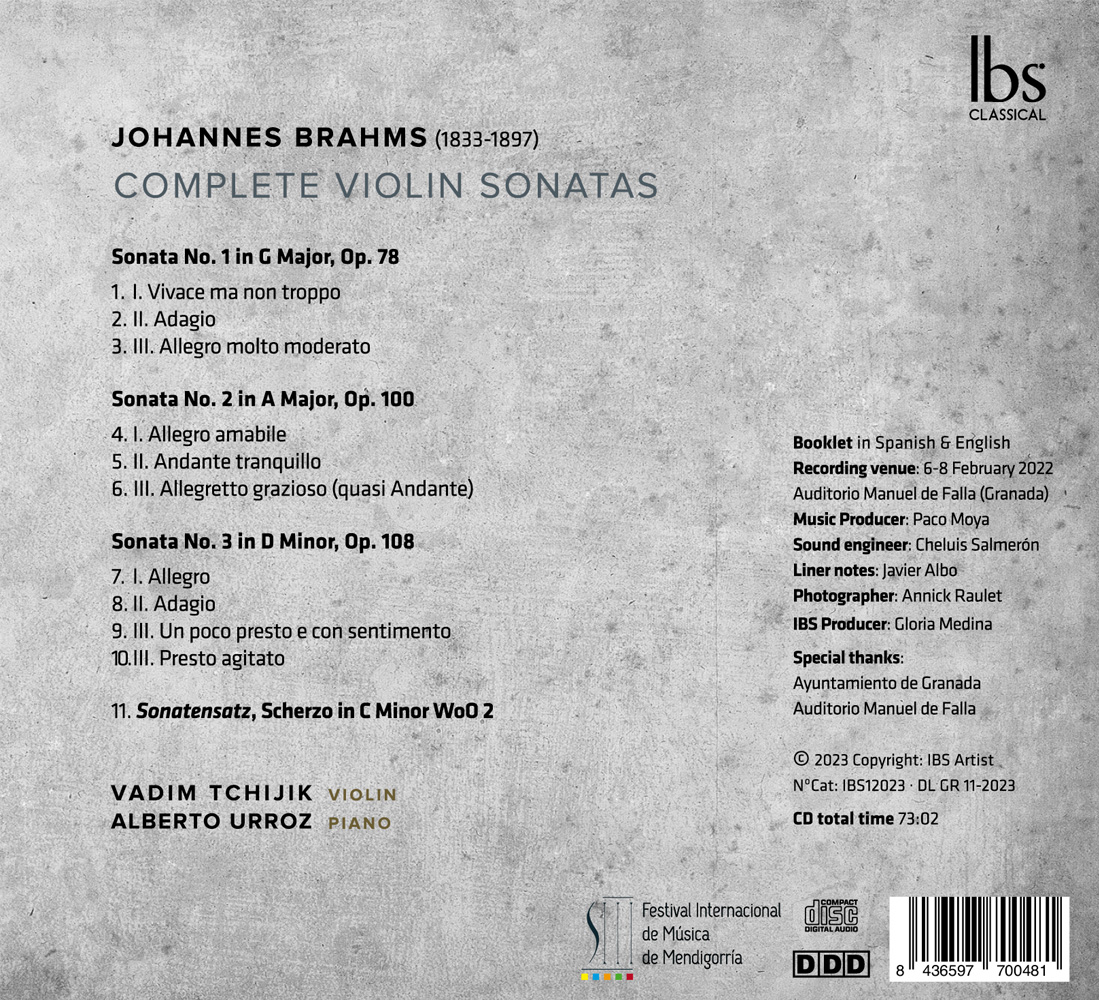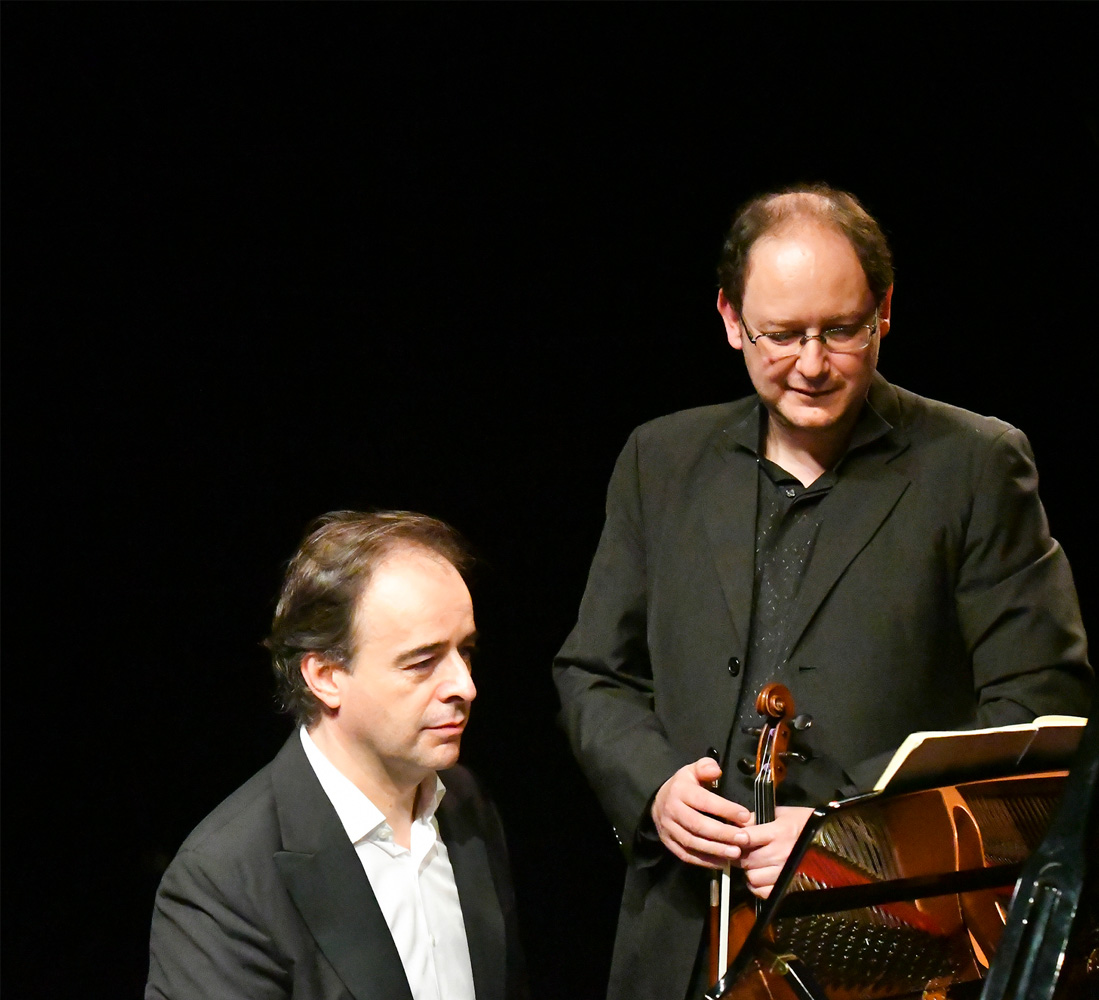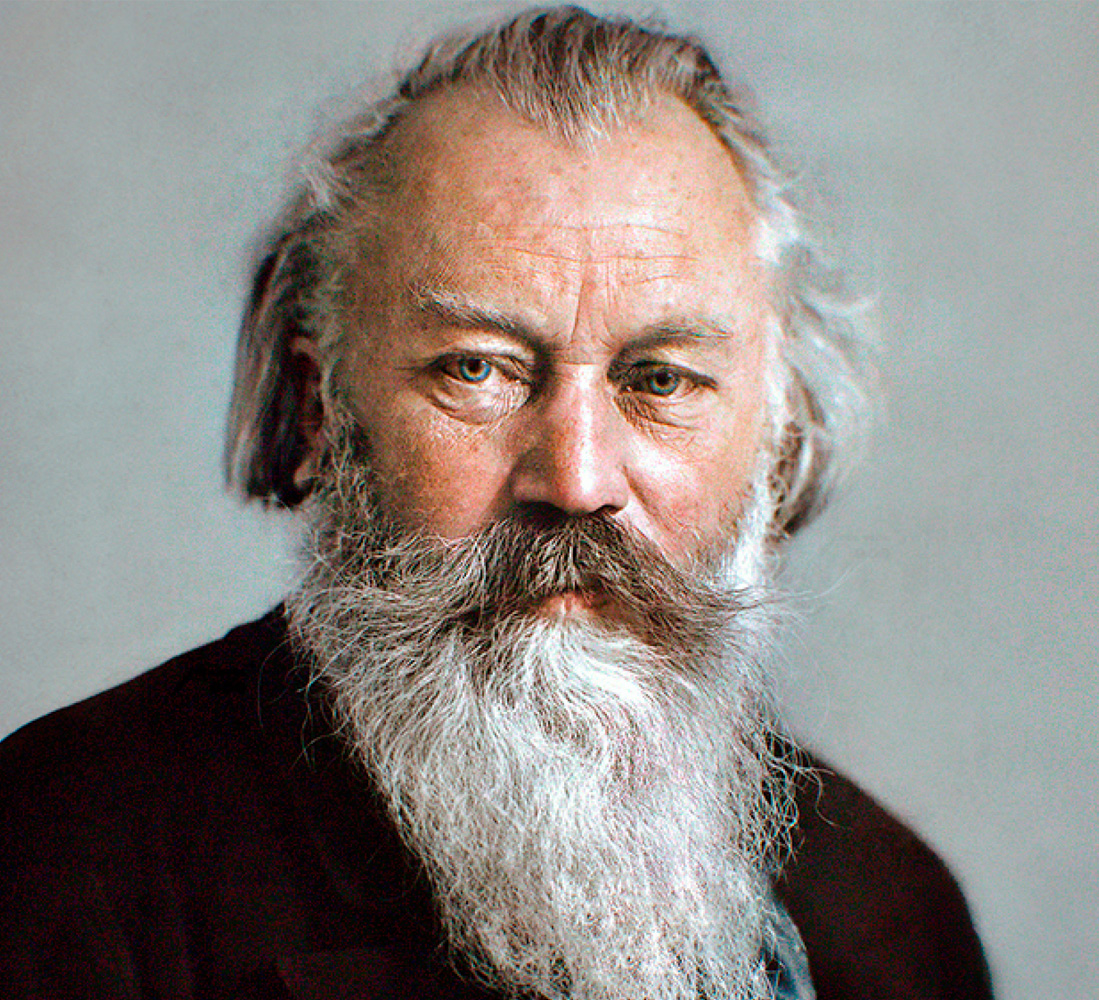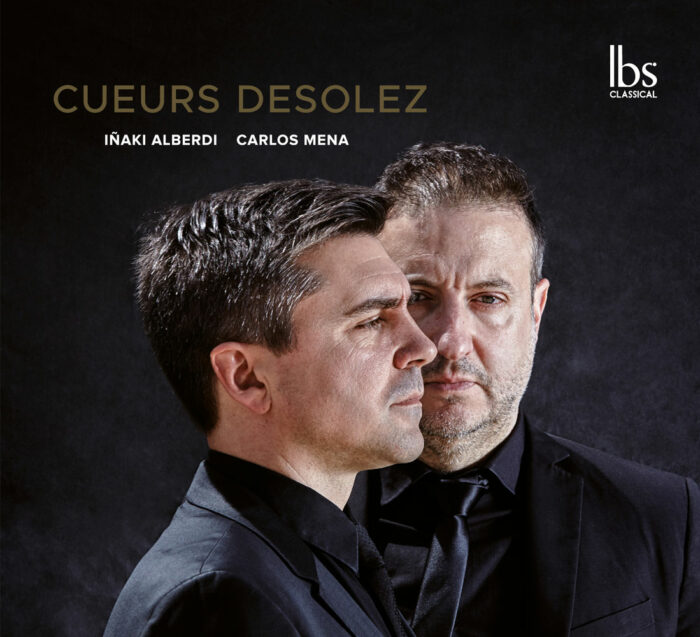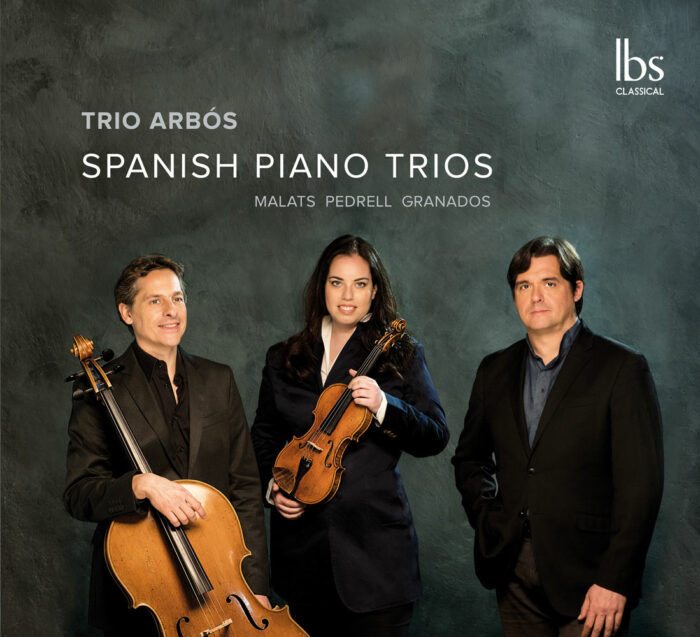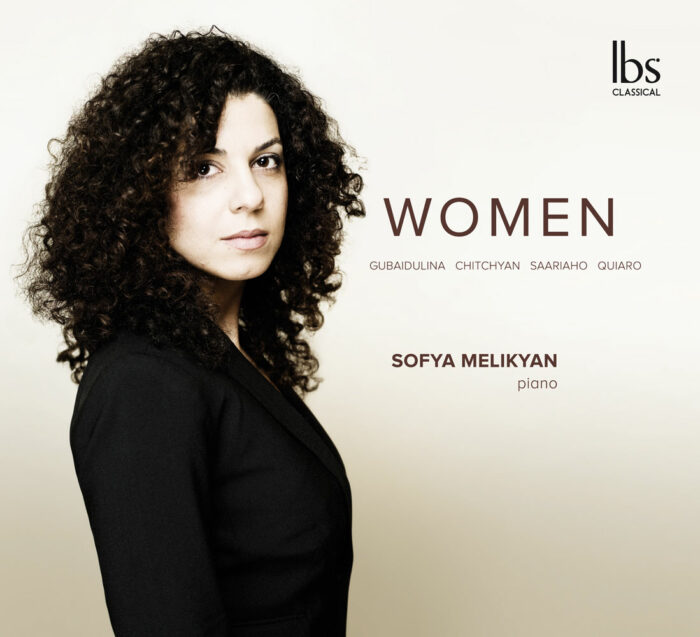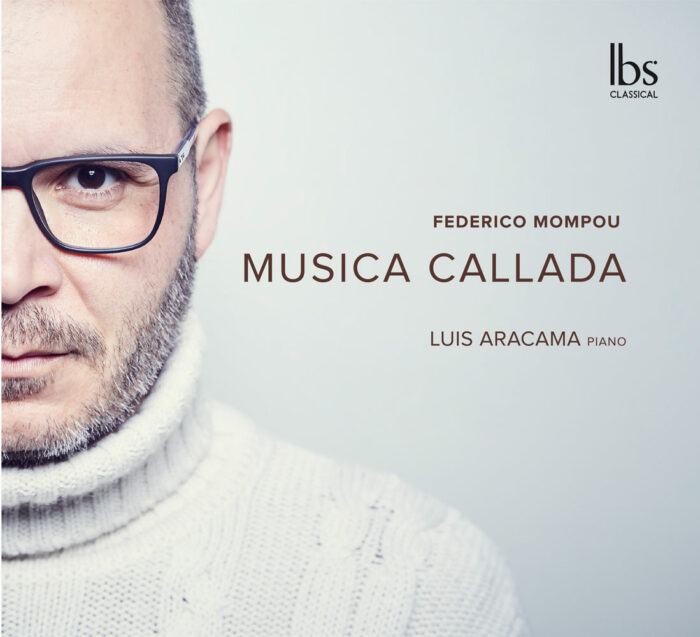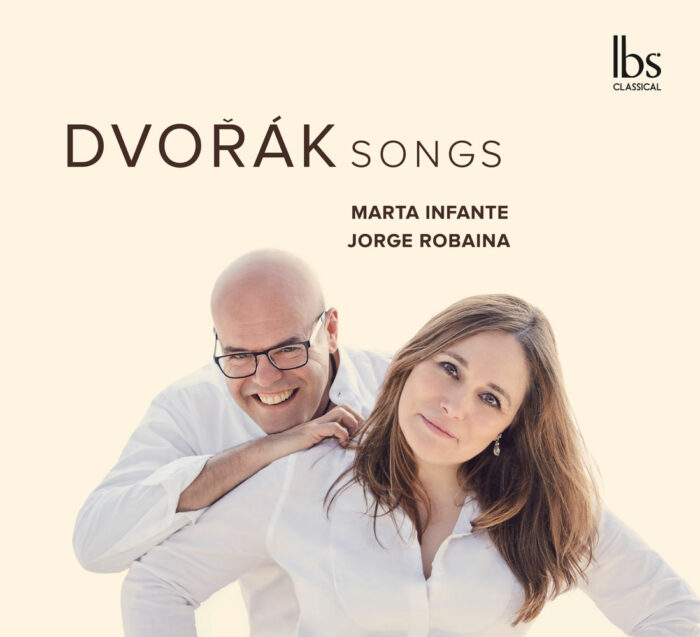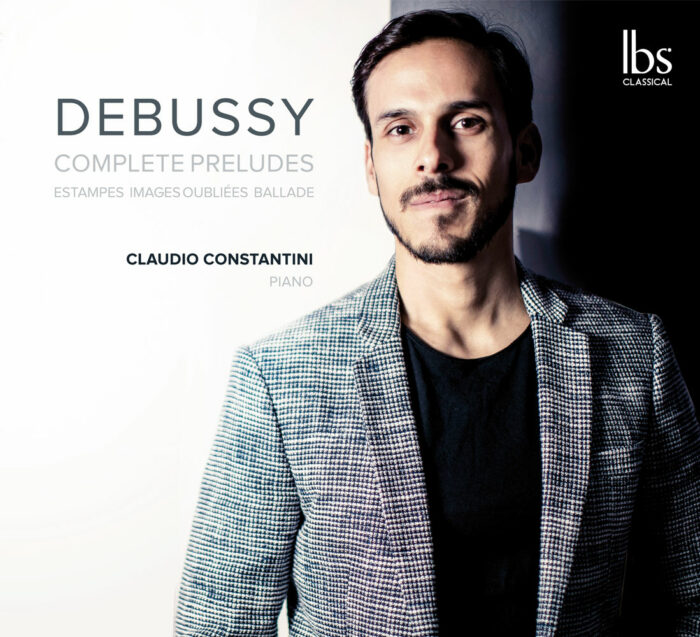Brahms Violin Sonatas
14,95€
The Sonata No.1 for Violin and Piano in G Major, Op. 78 can be heard as a compendium of the characteristics of Brahms’s very personal embodiment of Romanticism: it combines sweet lyricism, restrained expressivity, and emotional urgency. Brahms’s second Sonata for this medium was composed in the summer of 1886 while vacationing in the Bernese Oberland. The Sonata was published as Op. 100, sandwiched between two other major chamber works, the Cello and Piano Sonata in F Major, Op. 99, and the Piano Trio in C Minor, Op. 101. In the Sonata no. 3 in D Minor, Op. 108, Brahms achieved a maximum level of economy of means. Unlike the preceding two sonatas, the third has four movements instead of three, yet the highly concentrated approach taken by the composer makes it rather short, about 20 minutes in total. Composed between 1886 and 1888, it was dedicated to Brahms’s champion Hans von Bülow, a friend and colleague who had once been a staunch supporter of Wagner—before they fell out and became enemies.
14,95€
Brahms Violin Sonatas
The Sonata No.1 for Violin and Piano in G Major, Op. 78 can be heard as a compendium of the characteristics of Brahms’s very personal embodiment of Romanticism: it combines sweet lyricism, restrained expressivity, and emotional urgency. All of it in an unbroken melodic flow in the violin, which sings from beginning to end without ever being disrupted by the piano. Brahms’s second Sonata for this medium was composed in the summer of 1886 while vacationing in the Bernese Oberland. The Sonata was published as Op. 100, sandwiched between two other major chamber works, the Cello and Piano Sonata in F Major, Op. 99, and the Piano Trio in C Minor, Op. 101. Brahms gave the work the formal title of “Sonata for Piano and Violin,” perhaps indicating that the piano part is as important (or more) than the violin part. Whether this excuse is legitimate or pure speculation, it is clear that the piano assumes a leading role in this sonata; it becomes evident as the piano introduces the first theme of the initial allegro, subtitled “Amabile” (an apt marking for a sonata that is lyrical and tuneful throughout), a melody that some have found similar to the beginning of the “Prize Song” of Wagner’s Die Meistersingern von Nürnberg. In the Sonata no. 3 in D Minor, Op. 108, Brahms achieved a maximum level of economy of means. Unlike the preceding two sonatas, the third has four movements instead of three, yet the highly concentrated approach taken by the composer makes it rather short, about 20 minutes in total. Composed between 1886 and 1888, it was dedicated to Brahms’s champion Hans von Bülow, a friend and colleague who had once been a staunch supporter of Wagner—before they fell out and became enemies.
Vadim Tchijik
“Maestro” after the famous French magazine “Diapason”, Prize-winner of many prestigious international violin competitions such as N. Paganini in Genoa, P.I.Tchaikovsky in Moscow, R. Lipizer in Gorizia; winner of Juventus Award (France), Vadim Tchijik has performed with many orchestras: Moscow Symphony, North Nederland Symphony, Mexico Symphony, Kharkov Philharmonic, Freiburg Symphony, Orchestra di Teatro di Genova, Sanremo Symphony, Orchestra di Padova e del Veneto, Musica Vitae Chamber Orchestra, Vasteras Sinfonietta, Kazakhstan Chamber Orchestra, Akademik Baskent in Ankara, Normandy, Garde Republicaine in Paris under Michel Tabachnik, Jean-Pierre Wallez, Jean Deroyer, Naoto Otomo, Peter Csaba…
He plays in the biggest halls as Théâtre des Champs-Elysées, Theatre du Châtelet, Salle Gaveau in Paris, Concertgebow in Amsterdam, Konzerthaus in Berlin, Gewandhaus in Leipzig, Residenz in Munich, Dvorak Hall in Prague, Great Hall of Tchaikovsky Conservatory in Moscow, Suntory Hall in Tokyo, Palace of Arts in Mexico, Philharmonie in Cologne and Konzerthaus in Freiburg, Arsenal in Metz, Corum in Montpellier…
Vadim gives recitals all over Europe, USA, Canada and Asia in more than 30 countries. He is very often invited to such festivals as Festival Radio France and Montpellier, Pablo Casals, Auvers sur Oise, Colmar, Nancyphonies, Guebwiller, Portogruaro, Settimane Musicale di Ravello, Alba, Festival of St-Riquier, Fetes Romantiques de Nohant, Young Artists in Los Angeles, Semaines Musicales de Tours… He performs in various radio and TV broadcasts and recorded several CD’s for Lyrinx, Polymnie and Exton labels. In 2006 he participated in Japan at the recording of a series of CD dedicated to the 250th Mozart Anniversary. He has played chamber music with Pieter Wispelwey, Emmanuel Pahud, Jean-Claude Pennetier, Marielle Nordmann, David Geringas, Cedric Tiberghien, Marc Coppey, Georges Pludermacher, Alexander Melnikov, Alban Gerhardt, Anne Queffelec.
In 2010, he was on the cover of the famous magazine “String” with an exclusive interview of six pages. He is Artistic Director of the International Music Festival in Hyeres, “Musicales de Saint-Martin” and “Heures Musicales de Binic” in France. Vadim Tchijik gives master classes in Europe and Asia and is a founder and director of ensemble “Les Virtuoses”. He plays a Ferdinando Gagliano violin from 1775.
Alberto Urroz
Acclaimed Spanish pianist Alberto Urroz is a solo artist, also active as chamber and vocal collaborator, who has delighted audiences and critics throughout Europe, Asia and America.
A successful debut in 2008 at New York’s Carnegie Hall boosted his international career, been commissioned by important cultural institutions such as the Prado Museum, Madrid National Auditorium, Conde Duque Auditorium, the Santander and Peralada International Festivals, the Royal San Fernando Fine Arts Academy, the Juan March Foundation, the Cervantes Institute in Berlin, Lisbon and Manila, Festival Percusos and Festival Terras Sem Sombra in Portugal; the Music Talent Festival in Brescia, Italy; the German Embassy in Madrid; the Las Canals, Binic and Hyères Festivals in France; the Iberian Foundation for Spanish Music, La Maison Française (NYU) and the Georgia State University in USA; the Italian Culture Institute in Madrid, Lisbon and Strasburg, etc. He has performed in such halls as the Madrid National Auditorium, Conde Duque Cultural Centre, Museo del Prado Auditorium, the Gayarre Theatre, the Baluarte Auditorium, the Weill Recital Hall and Elebash Recital Hall (NY), Salle du Munsterhof (Strasburg), Bolivar Hall (London), the Sejong Center (Seoul), Kopleff Recital Hall (Atlanta), the Oslo Music Academy, the Amsterdam Conservatory, the Tel Aviv Philarmonie, the CCP (Manila), etc.
Mr. Urroz’s discography includes his first solo album “Spain Envisioned” and “Scarlatti Sonatas” on Ibs label and “Pauline Inspired: melodies by and for Pauline Viardot” with mezzo Laure de Marcellus on Centaur Records.
Alberto Urroz is Founder and Artistic Director of the Mendigorria International Music Festival in Spain. President of EPTA Spain, he was appointed EPTA European President in 2021. Dr. Urroz was granted an honorary award to the best Doctoral Thesis for his dissertation “Optimization of the didactic-learning process of piano technique” (UAX, 2017) and he is piano professor at Alfonso X University and Arturo Soria Conservatory in Madrid. He has also been cofounder and Artistic Director of the I Madrid Shigeru Kawai Piano Competition. He studied at Madrid Royal Conservatory, Tel Aviv University and in NYC with Joaquín Soriano, Pnina Salzman, György Sándor and Oxana Yablonskaya.
